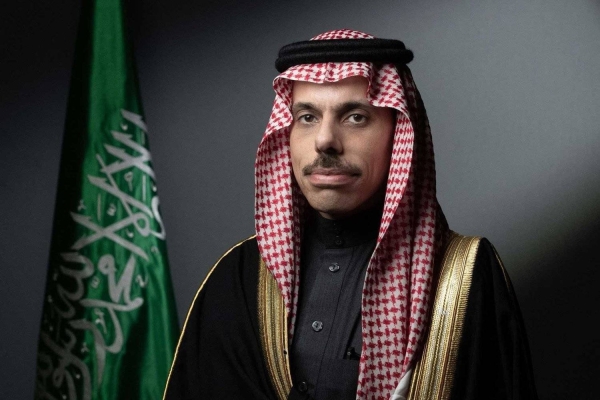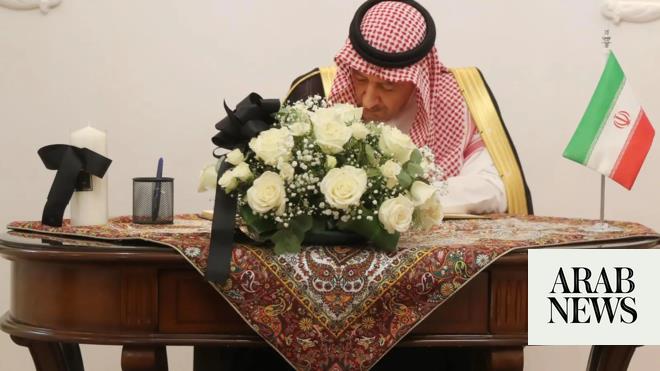
STOCKHOLM (Reuters) - Sweden’s foreign minister said on Tuesday she had spoken to her Iranian counterpart after reports Iran may soon enforce a death sentence on Swedish-Iranian scientist Ahmadreza Djalali.Djalali, a medical doctor and lecturer at the Karolinska Institute in the Swedish capital, was arrested in Iran in 2016 and later convicted of espionage, having been accused of providing information to Israel to help it assassinate several senior nuclear scientists. Iran’s Supreme Court in 2017 upheld the death sentence.
Swedish radio earlier on Tuesday cited Djalali’s wife as saying he had called her in the morning to tell her he believed he may soon be executed.
“In light of reports that Iran may have planned to enforce a death penalty against the Swedish citizen Djalali, I have today spoken with Iran’s foreign minister (Mohammad Javad) Zarif,” Swedish Foreign Minister Ann Linde said on Twitter.
“Sweden condemns the death penalty and works to ensure that the verdict against Djalali is not enforced.”
Linde’s spokesperson declined to comment further and the foreign ministry press office could not immediately be reached for comment on Djalali, who was granted Swedish citizenship in 2017.
Iranian foreign ministry spokesman Saeed Khatibzadeh said: “Unfortunately, the Swedish authorities’ information on the situation of Mr. Ahmadreza Djalali, who is in prison due to security crimes, is incomplete and incorrect.”“As Dr. Zarif ... explained to Ms. Linde, Iran’s judiciary is independent and any meddling in the issuance or execution of judicial rulings is unacceptable,” state media quoted Khatibzadeh as saying.
Rights group Amnesty International called on all countries to intervene, including through their embassies in Tehran, to save Djalali’s life.
“It is appalling that despite repeated calls from UN human rights experts to quash Ahmadreza Djalali’s death sentence and release him, the Iranian authorities have instead decided to push for this irreversible injustice,” Diana Eltahawy, an Amnesty deputy director, said in a statement.
Rights activists have accused Iran of arresting a number of dual nationals to try to win concessions from other countries. Tehran has regularly dismissed the accusation.











